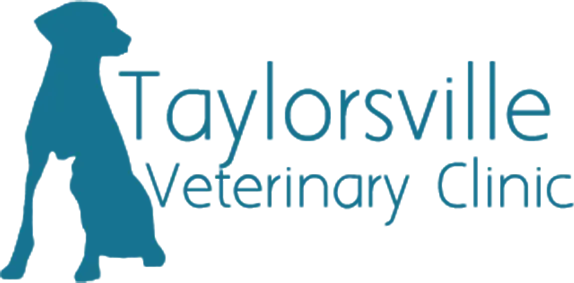Have you recently bought a new horse? This is an exciting—and crucial—time for you. This is also the time for you to start working on bonding with your hooved pal. Horses can form incredibly powerful relationships with their humans, but that special friendship won’t happen overnight. It takes time, TLC, trust, and patience! A Westminster, MD vet offers some helpful tips on bonding with horses below.
Reading Body Language
One of the first things a new rider should learn is that, with horses, flattened ears are a warning sign. However, Silver communicates his thoughts in a variety of ways. For instance, if his head is up and his nostrils are flared, he may be feeling uneasy. Do some research into horse body language. Always the student!
Bonding Activities
Silver will definitely appreciate yummy snacks, like apples, carrots, and peppermints. Always bring a small treat. However, if all you do is pet his neck, offer a snack, and walk off, he may just think of you as a human vending machine!
Quality Time
Take time to really get to know your equine buddy. Hang out with him, and pay attention to physical cues. He may be ticklish on his flank, for instance, or absolutely love having his neck scratched.
TLC
Grooming, stall cleaning, and feeding and other everyday tasks are often delegated, especially if you are boarding. However, it’s good to do these things yourself. Horses know who takes care of them!
Working
Groundwork can also be very helpful here. Lunging is in many ways as much about communication as training!
Be Non-Threatening
It can be tricky to maintain control over a horse without appearing threatening or sending mixed signals. Be consistent with your interactions, and always be calm and patient. If your horse is nervous, take extra care not to startle him.
Success
Horses are harder to read than dogs and cats. Silver won’t wag his tail or purr to show affection. However, there are some things to look for. Your horse may trot or even run to you when you approach his pasture or paddock. He may nudge or nuzzle you, or rest his head on you. Your equine pal may also whinny to greet you when you walk into the barn. Some horses even try to groom their humans!
As your Westminster, MD animal clinic, we’re dedicated to offering great care. Contact us anytime!
